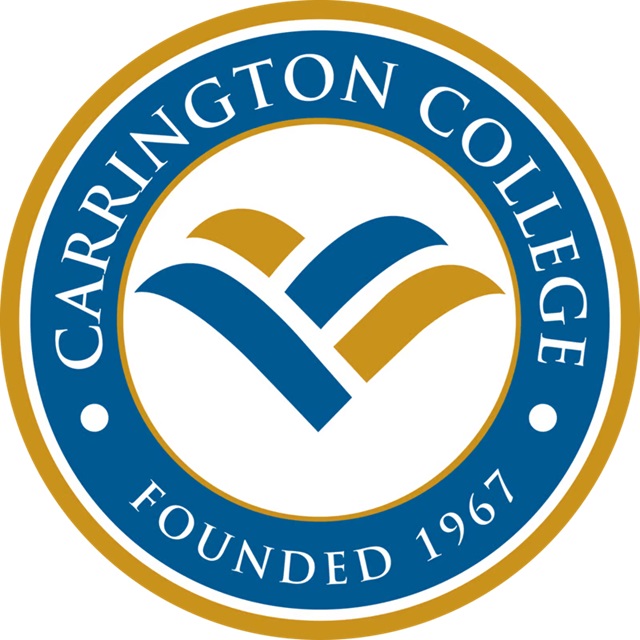
Financial aid (may be available)

Financial aid (may be available)

$239 to start
$4,000 total

Financial aid (may be available)
$975 total
$550 total
$530 total
$600 total
No cost info
No cost info
$369 total
No cost info
$1,350 total
$399 total
Considering a career as a Home Health Aide (HHA)? You're in the right place. If you are located in Fresno or nearby areas, this blog post will provide all the information you need on the subject. From training requirements, day-to-day class expectations, certification process, and more, we've got it covered.

A Home Health Aide is a trained healthcare professional who provides basic personal care to patients in their homes. These patients could be dealing with illnesses, old age, or some form of disability. HHAs work under the supervision of a registered nurse or a licensed practical nurse. Their tasks usually include assisting patients with daily activities like bathing, grooming, and eating, providing emotional support, and monitoring their health condition.
To become a Home Health Aide, you will need to complete a state-approved training program. The program typically includes a combination of classroom instruction and hands-on clinical training. Topics covered include:
Basic nursing skills
Nutrition
Personal hygiene
Infection control
Communication skills
Safety and emergency procedures
After completing the training program, students must take a competency evaluation to demonstrate their skills and knowledge.
Choosing the right HHA class is a significant first step towards your career. Here are some things to consider:
Accreditation: The class should be state-approved and accredited by a nationally recognized body.
Curriculum: The program should cover all the necessary topics to prepare you for your role as an HHA.
Training hours: Ensure the class provides the required number of training hours.
Clinical training: Hands-on training is crucial in healthcare. Make sure the class includes practical training.
Instructors: Check the qualifications of the teachers. They should be experienced healthcare professionals.
In an HHA class, you can expect a blend of theoretical instruction and practical training. The theoretical part usually covers topics such as anatomy, physiology, nutrition, and infection control. Practical training, on the other hand, involves learning hands-on skills like patient transfer techniques, wound care, and vital sign monitoring.
After completing the training program, you are required to pass a state competency exam. The exam typically includes a written test and a skills evaluation. Upon passing the exam, you will receive a certificate that makes you eligible to work as a Home Health Aide.
Once you're certified, you can start looking for HHA jobs. You can find job openings in home health agencies, hospice care, private homes, and residential care facilities. Networking with healthcare professionals and utilizing online job search platforms can also help you find related jobs.
After becoming an HHA, you might want to expand your skill set or advance your career. In this case, you can consider enrolling in additional healthcare training programs. Some options include becoming a Certified Nursing Assistant (CNA), a Licensed Practical Nurse (LPN), or a Physical Therapy Technician.
The demand for Home Health Aides is expected to grow in the coming years due to the aging population and the desire of many seniors to stay in their homes as long as possible. This makes HHA a promising career choice with various employment opportunities.
Being an HHA comes with numerous benefits. HHAs have the opportunity to make a positive impact in people's lives by providing care and support. This career also offers flexibility as you can often set your schedule depending on your client's needs.
Like any other job, being an HHA also has its challenges. These include working with challenging patients, dealing with emotional and physical stress, and working irregular hours. However, with proper training and a compassionate attitude, these challenges can be effectively managed.
Continuing education is essential for Home Health Aides to keep up with the latest practices in healthcare. There are various continuing education courses available that HHAs can take to enhance their knowledge and skills.
Becoming a Home Health Aide can be a fulfilling career choice if you have a passion for helping others. With the right training, certification, and a compassionate heart, you can make a real difference in people's lives. Remember that your journey towards becoming an HHA starts with choosing the right class. So, make your choice wisely and take the first step towards your rewarding career today.
Dreambound simplifies your start in this field with tailored guides for various cities. If life takes you elsewhere or you're thinking about a move, our other guides can help you figure out what to expect.
Contemplating a transition in your career or exploring various professional paths? Dreambound has written many guides to help you in making informed decisions. Here are a few:
Dreambound's platform allows prospective students to find the right educational program for them through searching, filtering, and connecting with our extensive selection of career & technical education partners.
Dreambound has over 70 programs across healthcare, technology, business, and industrial trades. This includes programs such as Medical Billing, Cybersecurity, and welding.
Some of our schools offer financial aid for those who qualify. Many others offer payment plans, where you can pay the cost of class over time.
Yes, Dreambound offers many online programs. On Dreambound's search, you can filter by online, in-person, and hybrid (part online, part in-person).
Dreambound is completely free for you to use! We are supported by schools and organizations who pay to advertise on our website, so we can offer all of our career resources for free.